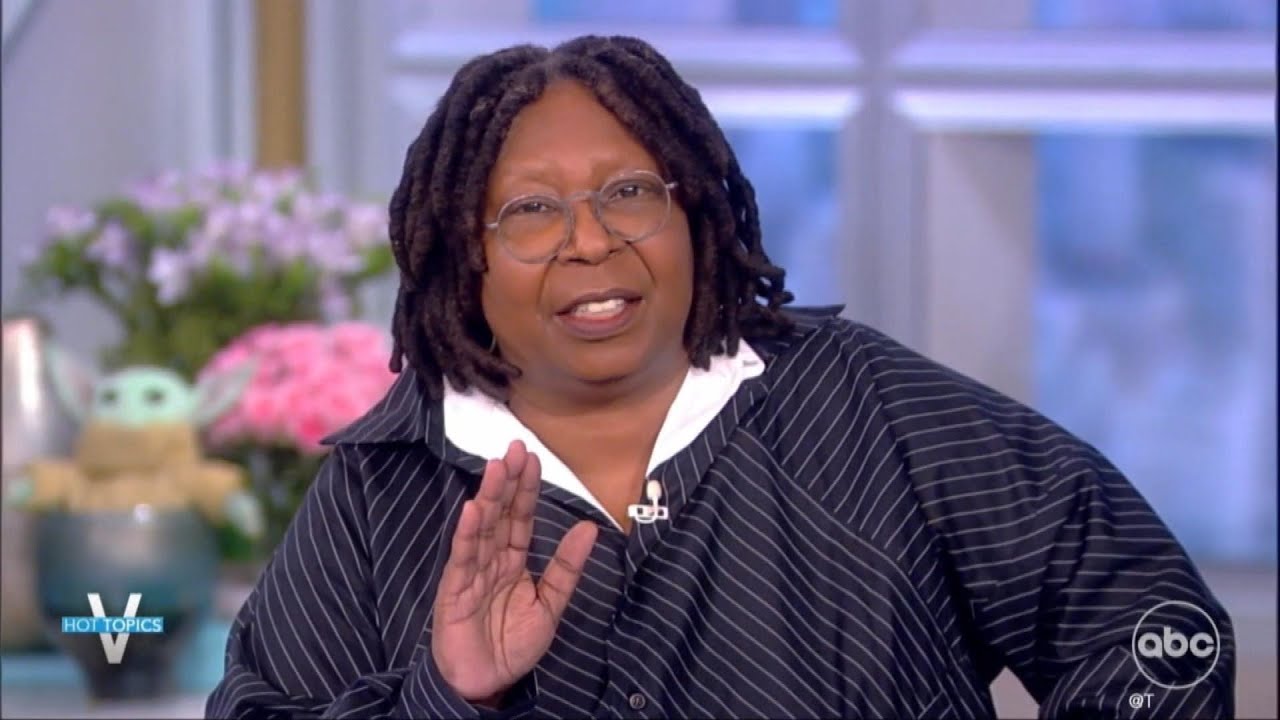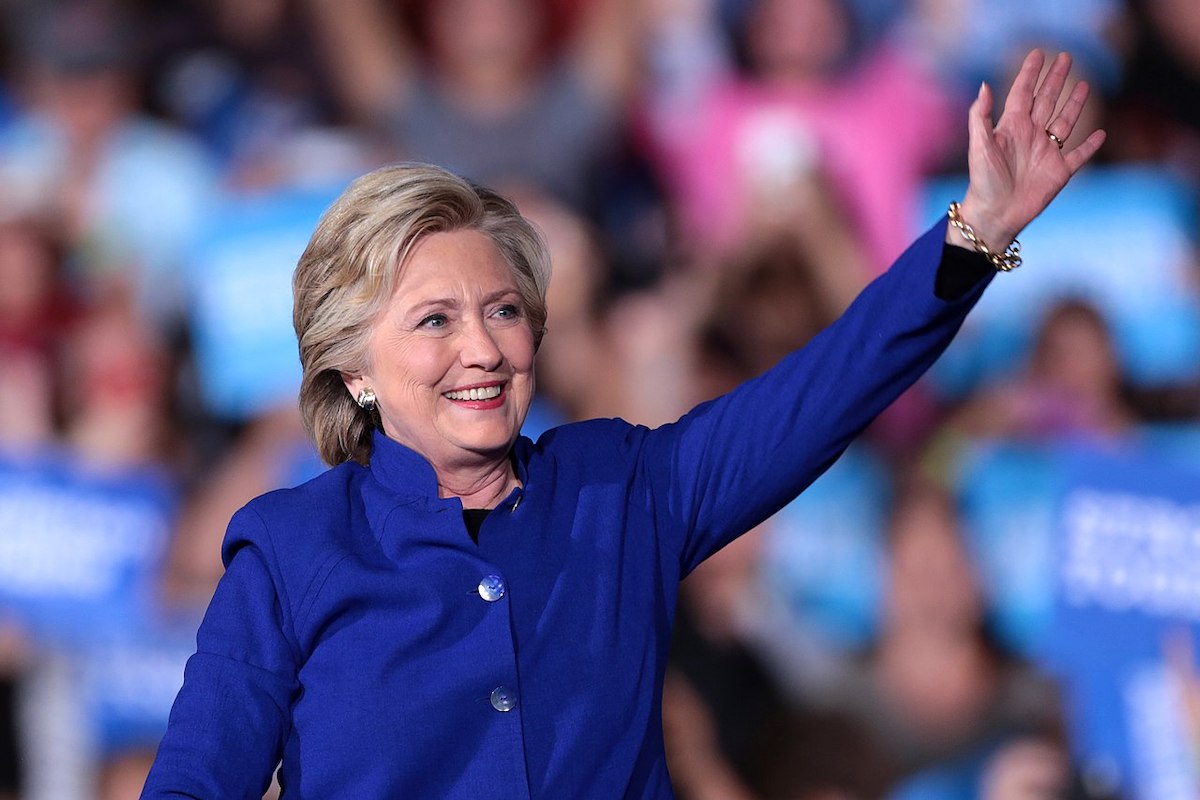Featured
January 1, 5 Things You Shouldn’t Buy at Dollar Tree

Every item at Dollar Tree costs $1.25. With that low price, it might seem like any purchase would be a bargain. But that catch-all price can actually make some things overpriced. And in the worst cases, some of the products offered at Dollar Tree simply aren’t up to par. Read on to learn what you should avoid buying at Dollar Tree.
1. Nonperishable foods
When Dollar Tree upped the price of their products from $1 to $1.25 in Nov. 2021, some savvy shoppers realized that 25 cents actually made a big difference.
“[Dollar Tree’s] cereals tend to come in three-ounce bags,” popular YouTuber Bargain Bethany explained. “With the 25-cent increase, you’re paying even more per ounce. For the same three-ounce bag that I’m going to pay $1.25 for, I can go to Walgreens and get 11 ounces for $1.99; or I can go to Target and get a family-size that has 15 ounces and pay $3.59.”
For instance, the price per ounce of Lucky Charms at Dollar Tree was almost double that at Target, per Best Life.
2. Anything that plugs in
Unfortunately, cheaper electronics can pose a safety issue.
Last April, Dollar Tree recalled over one million hot glue guns due to fire and burn hazards. The glue guns malfunctioned when plugged in, resulting in four fires and the burning of one person’s skin, according to the U.S. Consumer Product Safety Commission.
Per the Washington Post, “Off-brand electronics can be risky purchases, as their supply chains are not as consistent as the name brands you find at other retailers. Power strips and chargers are likely to be cheaply made and could damage your devices.”
3. Frozen meat and fish
While some frozen foods at discount chains might be ok, you should avoid buying unprocessed food, such as meat or seafood.
“I don’t eat any of the frozen fish or rib eyes because I don’t trust frozen seafood or meat that costs a dollar,” a Dollar Tree manager told Mental Floss.
Another Dollar Tree manager said he “would never buy the steak” because he “heard from more than one person that it doesn’t cook [well] and it feels like rubber.”
In fact, Cincinnati television station WCPO conducted a taste test with the local fire department in 2016. The $1 steaks weren’t very popular, with one firefighter declaring it “not terrible” and another saying, “I guess it was meat.”
4. Laundry detergent
While laundry detergent initially seems like a better deal at the Dollar Tree, it ends up costing more in the long run.
“Dollar Tree has Tide detergent for $1.25 for 10 fluid ounces—that’s about 17 cents a fluid ounce,” Bargain Bethany explained. “The same type [of detergent] at Walmart is $0.11 per fluid ounce or $3.29 for 31 fluid ounces. So yes, I’m going to pay more initially, but in the long run, I am saving money.”
The same is also true for name-brand fabric softeners and dryer sheets, the YouTuber said. Inflation aside, buying these items elsewhere in larger quantities will cost you less money.
5. Vitamins and supplements
According to Consumer Reports, supplements “aren’t regulated as carefully as OTC drugs.”
If you plan on purchasing vitamins and supplements at Dollar Tree, Consumer Reports recommends checking “to see whether they bear the USP (U.S. Pharmacopeia) seal or the seal of another independent testing group, such as NSF International.”
Additionally, the outlet conducted a test in 2012, finding that some dollar store multivitamins didn’t actually contain the number of nutrients listed on the labels.
Source: Best Life

-

 Entertainment2 years ago
Entertainment2 years agoWhoopi Goldberg’s “Wildly Inappropriate” Commentary Forces “The View” into Unscheduled Commercial Break
-

 Entertainment1 year ago
Entertainment1 year ago‘He’s A Pr*ck And F*cking Hates Republicans’: Megyn Kelly Goes Off on Don Lemon
-

 Featured2 years ago
Featured2 years agoUS Advises Citizens to Leave This Country ASAP
-

 Featured2 years ago
Featured2 years agoBenghazi Hero: Hillary Clinton is “One of the Most Disgusting Humans on Earth”
-

 Entertainment1 year ago
Entertainment1 year agoComedy Mourns Legend Richard Lewis: A Heartfelt Farewell
-

 Featured2 years ago
Featured2 years agoFox News Calls Security on Donald Trump Jr. at GOP Debate [Video]
-

 Latest News1 year ago
Latest News1 year agoNude Woman Wields Spiked Club in Daylight Venice Beach Brawl
-

 Latest News1 year ago
Latest News1 year agoSupreme Court Gift: Trump’s Trial Delayed, Election Interference Allegations Linger
Ed Hanus
January 30, 2023 at 7:27 pm
Watch what you buy. Some times the smaller quantity is all you need.
Dollar Tree can be a blessing for older folks, but you have to watch what you buy.
moosegringo Green
January 31, 2023 at 8:03 am
I only go to Dollar Tree to use the bathroom.